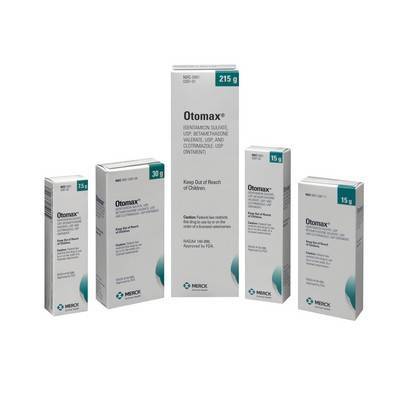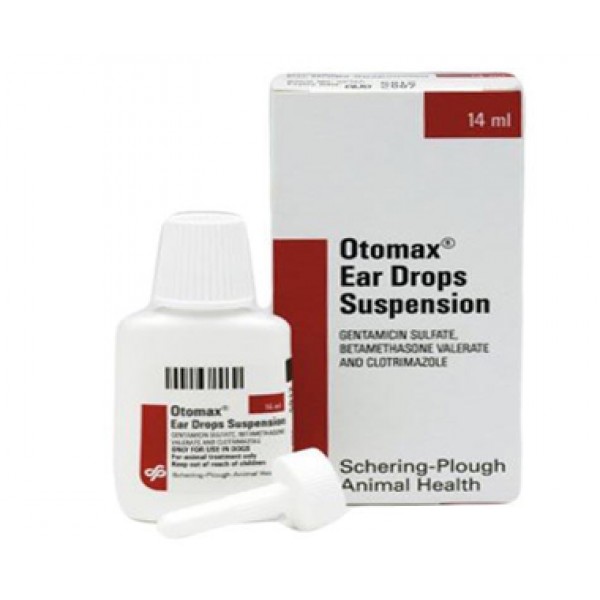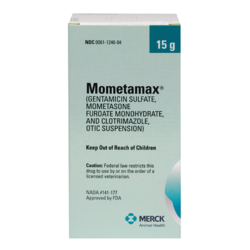


Excess cortisol reduces the body’s ability to fight off infection. Hyperadrenocorticism (aka Cushing’s disease) is when your dog’s adrenal glands produce excess amounts of the stress hormone cortisol. Your veterinarian can run specific blood tests to see if this may be a cause.
#Mometamax vs otomax skin
(Oh wait…sorry, that’s me!) Joking aside, uncontrolled weight gain, seeking out warm places, lethargy, hair loss, and recurrent skin and ear infections can all be due to reduced production of thyroid hormone. Other signs include gaining weight simply by looking at cheesecake in the display at Cheesecake Factory. Lack of this hormone can affect a multitude of body systems and in this instance, predispose your dog to recurrent ear infections.

Hypothyroidism is when your dog’s thyroid gland no longer makes appropriate amounts of thyroid hormone. The two most common endocrine diseases that can result in recurrent ear infections and inflammation are hypothyroidism and hyperadrenocorticism. But we’ll focus on those later.Įndocrine (hormonal) disease can also be a trigger for recurrent otitis. The most common cause is allergies, which are usually caused by food or environmental allergies. There can be many reasons your dog continues to get recurrent ear infections.

You will not be able to continuously just give antibiotics or anti-yeast medications as these bugs will develop resistance causing this treatment to fail! But if these infections occur more frequently than you check your Facebook page, you’re going to have to look for the underlying cause. If your dog experiences one or two infections a year, then you’re going to be okay with treatment guided by your veterinarian. The bacteria will then be more resistant to previously used medication, the ear canal will start to get narrow from the chronic inflammation that results from these infections, and your dog will run and hide from you anytime they see a Q-tip! In the worst-case scenario, your dog could build up so much scar tissue from these repeated infections that the ear canal becomes completely closed off to the world, locking in a nasty, resistant infection that only surgery can address!! No bueno! If we don’t address that bigger issue beyond the infection, it will return. If we just treat the bugs without dealing with the true reason for the alteration in the ear’s ecosystem/environment, we will never have a chance to resolve these infections for good. Killing these opportunistic bugs only gets rid of the secondary infection for a time because there is an abnormality with the environment of the ear they live in, such as caused by those pesky allergies. This is just the tip of the iceberg as they say. When there is damage to this normal environment or ecosystem, such as allergic disease, tumors, or foreign bodies, these bugs can then overgrow and create an infection. They have their own niche or ecosystem that under normal circumstances, allows them to survive in the ear canal and the dog’s body (immunity) keeps them in check. You see, most of these infections involve bacteria or yeast that normally live in your dog’s ear. Continually just asking your veterinarian for more antibiotics will not fix your problem! These recurrent infections are secondary to other underlying issues that will continue to repeat themselves if we don’t get to the bottom of why they happen. What many people don’t understand is that it’s not just an infection and that continually dumping antibiotics into the ear or popping pills won't resolve the problem. Yep, it’s another ear infection! Well, yes, for the most part. You lift that floppy ear up only to find it’s Elmo red and it looks like someone dumped your left-over coffee grounds in there. You wake up to find that Fido is dragging his ear along the ground as if trying to pick up a radio signal from China. It’s a problem many of us dog owners have experienced, especially someone like myself who is in love with the Labrador Retriever.


 0 kommentar(er)
0 kommentar(er)
